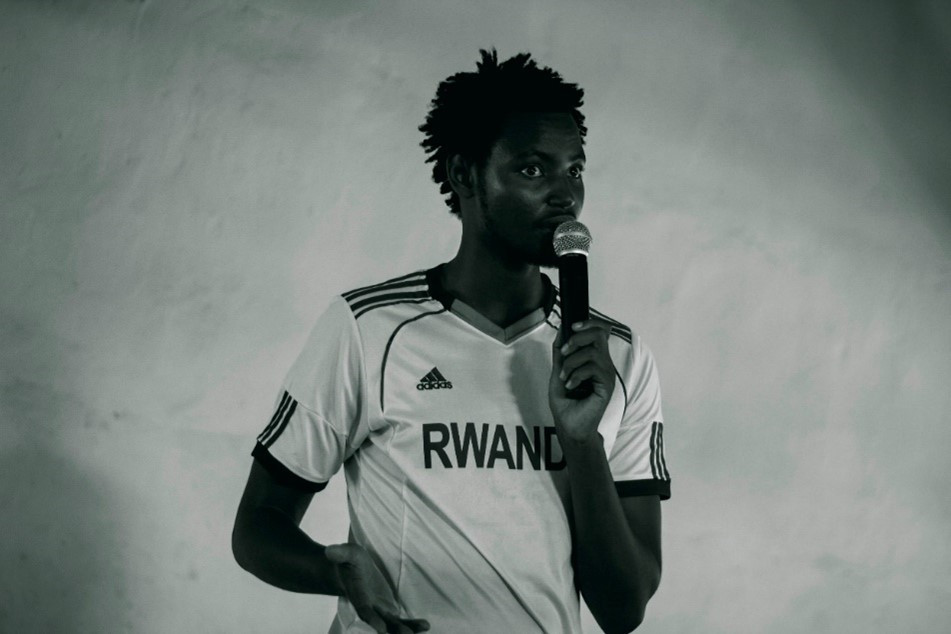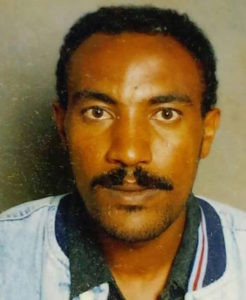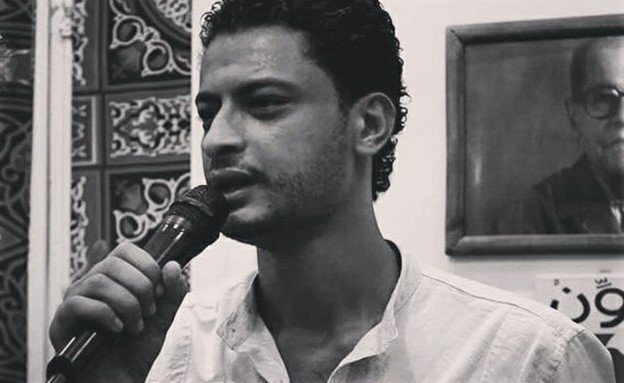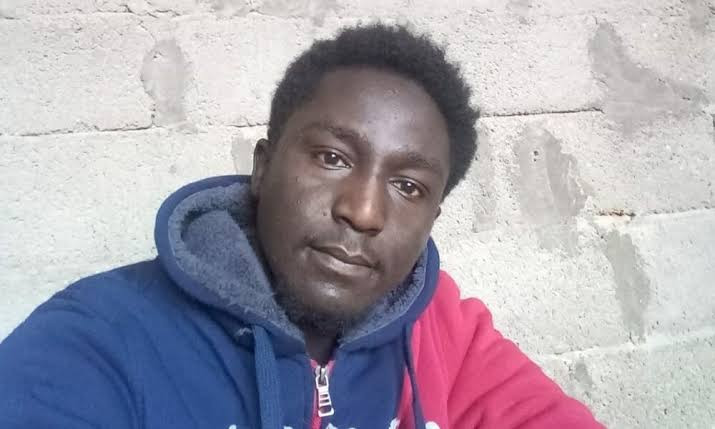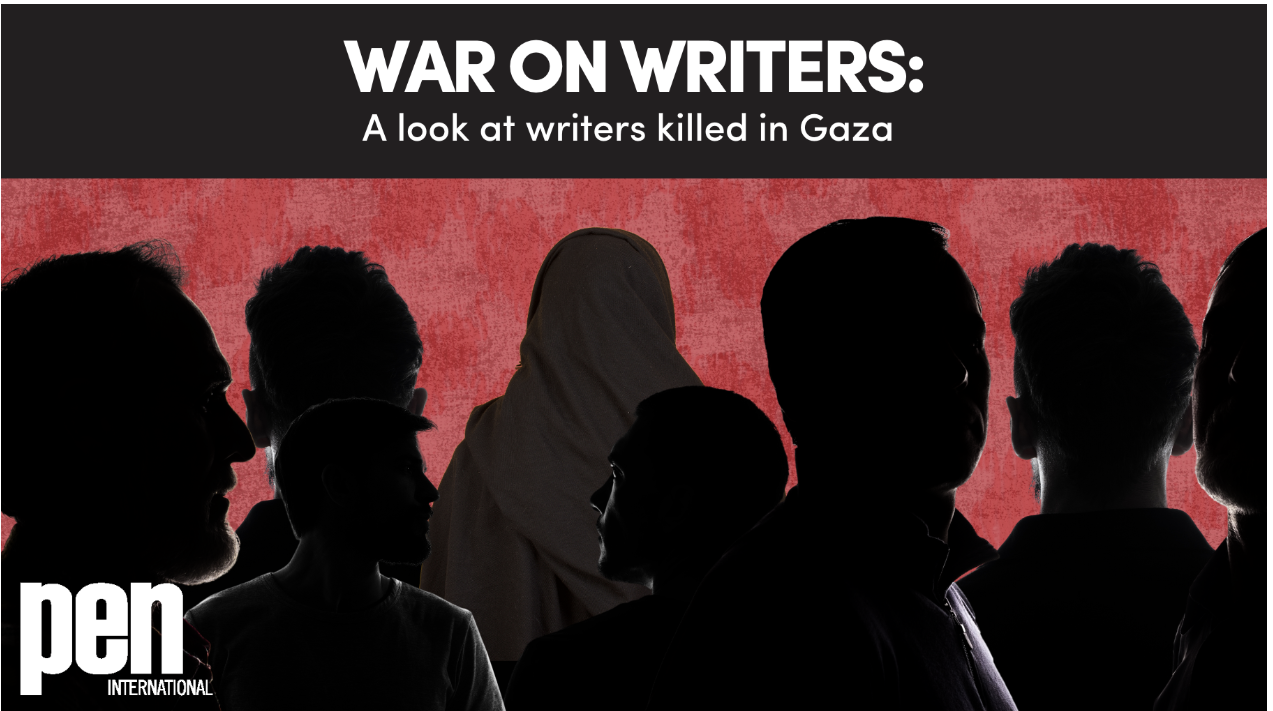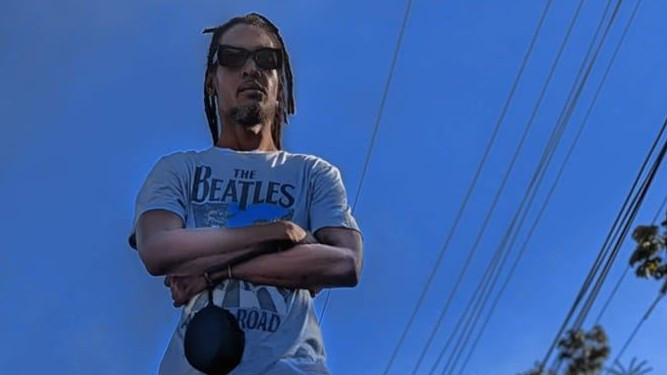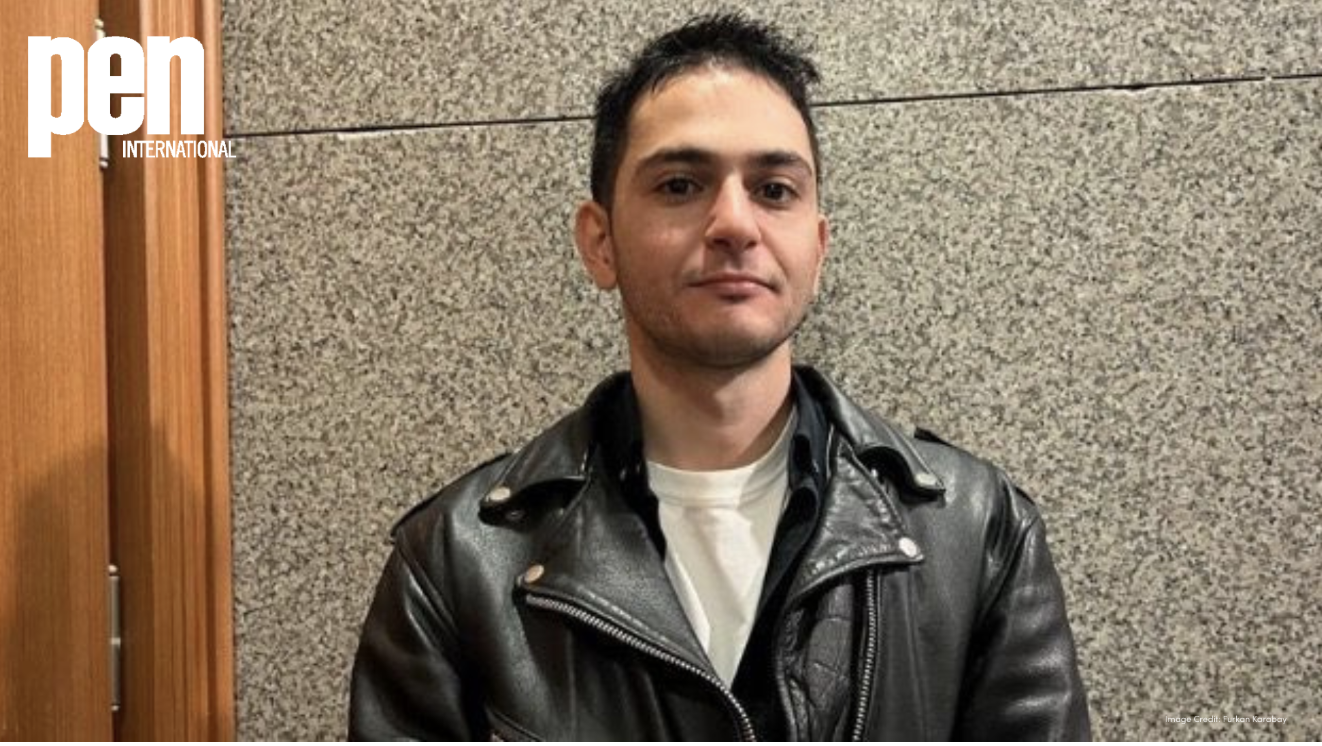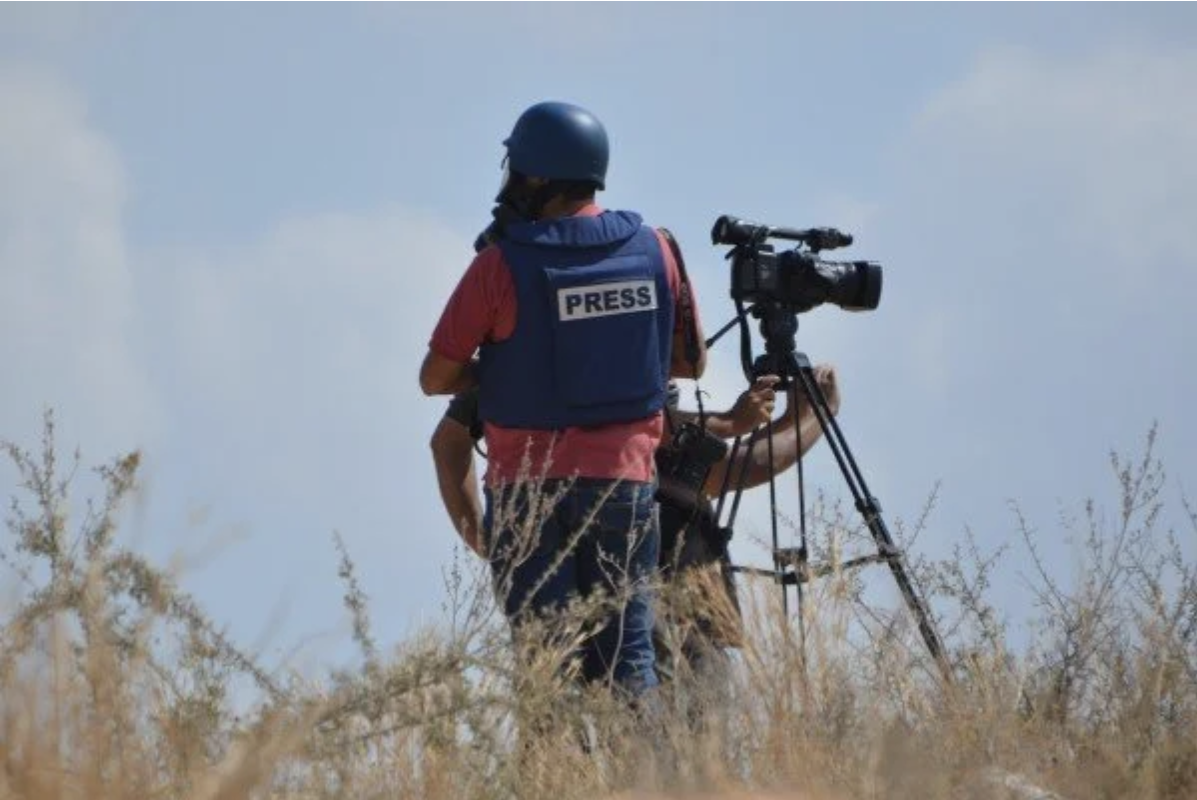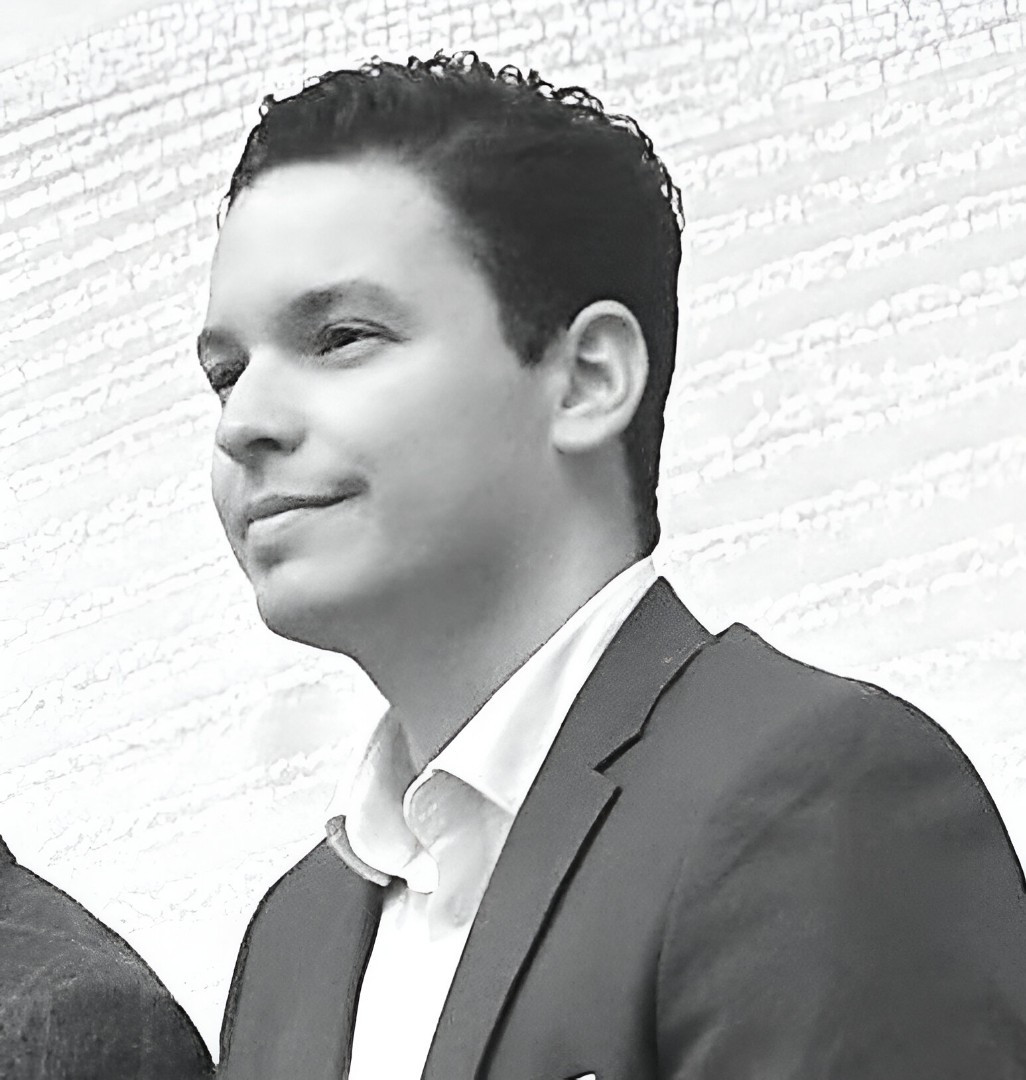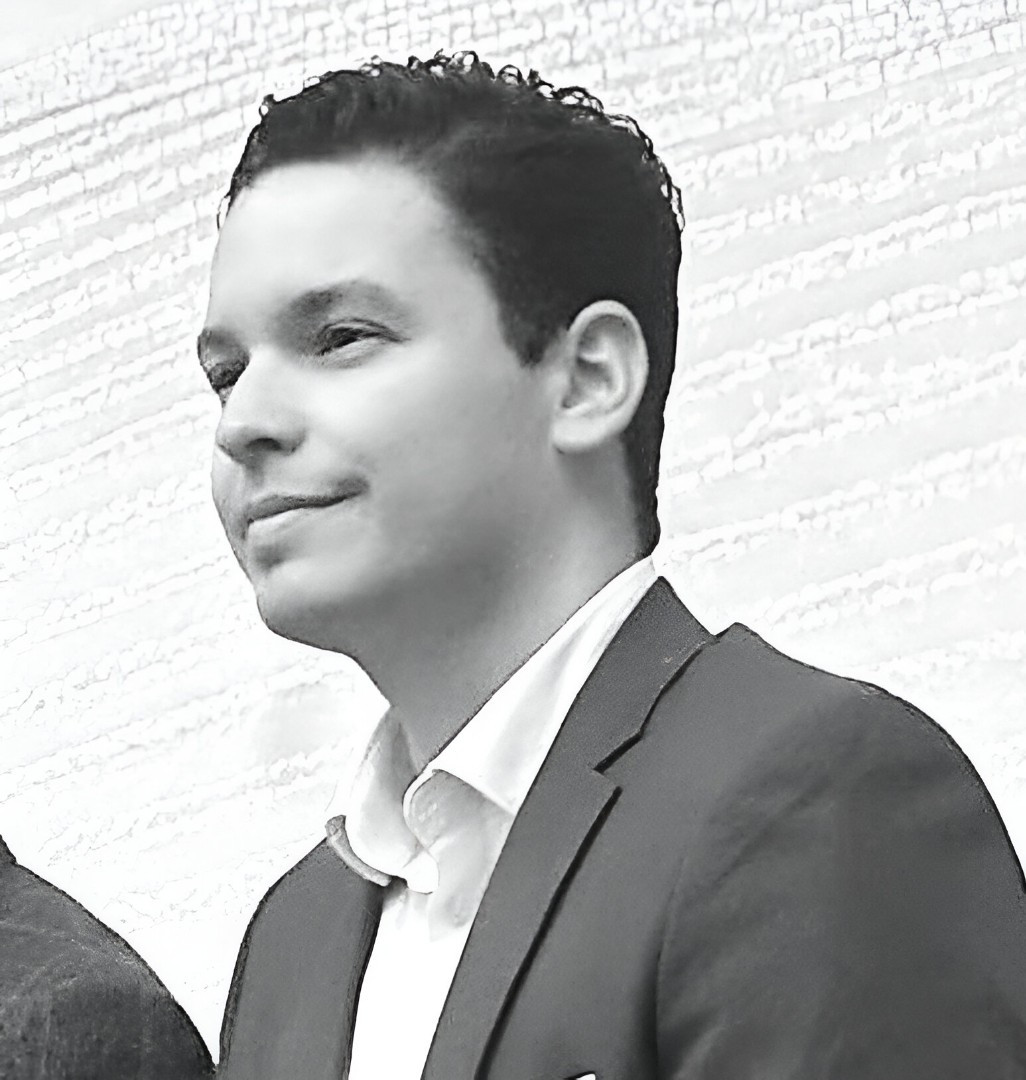In April 2020 Gulfisha was arrested for her participation in a protest that took place a couple months earlier at Jafrabad Metro Station. That was deemed to be against the Citizenship Amendment Act (CAA), National Register of Citizens (NRC), and National Population Register (NPR).
Later, she was also charged under the Unlawful Activities (Prevention) Act (UAPA), and other sections of the Indian Penal Code (IPC), alleging involvement in a conspiracy in relation to the February 2020 riots in northeast Delhi.
While she was granted bail in some cases, she has stayed in jail under the UAPA case. Indian courts have repeatedly denied her bail in the UAPA case. The Delhi High Court, in September 2025, rejected bail pleas on the grounds that, in their view, there is evidence that she played an active role in allegedly mobilising women, forming WhatsApp groups, giving strategic instructions, etc., to oppose laws. Her lawyers contest these allegations, arguing that much of the evidence is vague, based on hearsay, and that she has not been shown to be a flight risk nor is she likely to tamper with evidence.
The government's prosecution continues to accuse her of crossing into conspiratorial or violent territory. The defence calls these claims to be unsubstantiated.
While in prison in the notorious Tihar Jail, Gulfisha has written poetry, letters, and artwork. Her poems often dwell on themes of loss, memory, silence, longing, defiance — reflecting on what incarceration does to time, to identity, and to relationships.
One poem she wrote is addressed to her father (“abbu”), recalling childhood. Another is titled In the Dark of Last Night (translated), exploring how state power captures time, how court delays warp one’s sense of life. Her poetry has sparked solidarity: readings, translations into various languages, performances, and creative works by others. These serve as acts of resistance.
Under the UAPA, bail is harder to obtain when accusations include “terrorism,” “conspiracy,” or other serious offences. Courts have cited prima facie evidence and the severity of allegations as reasons to deny bail. There are claims that the trial has been delayed, with the hearings adjourned repeatedly, benches changing, to prolong her detention. Her defence argues that these delays themselves are unjust, and that despite being granted bail in some cases, she remains detained under the most serious charge which has yet to go to trial.
Amplify Her Voice and Share Her Poetry
Contact us for more information.

